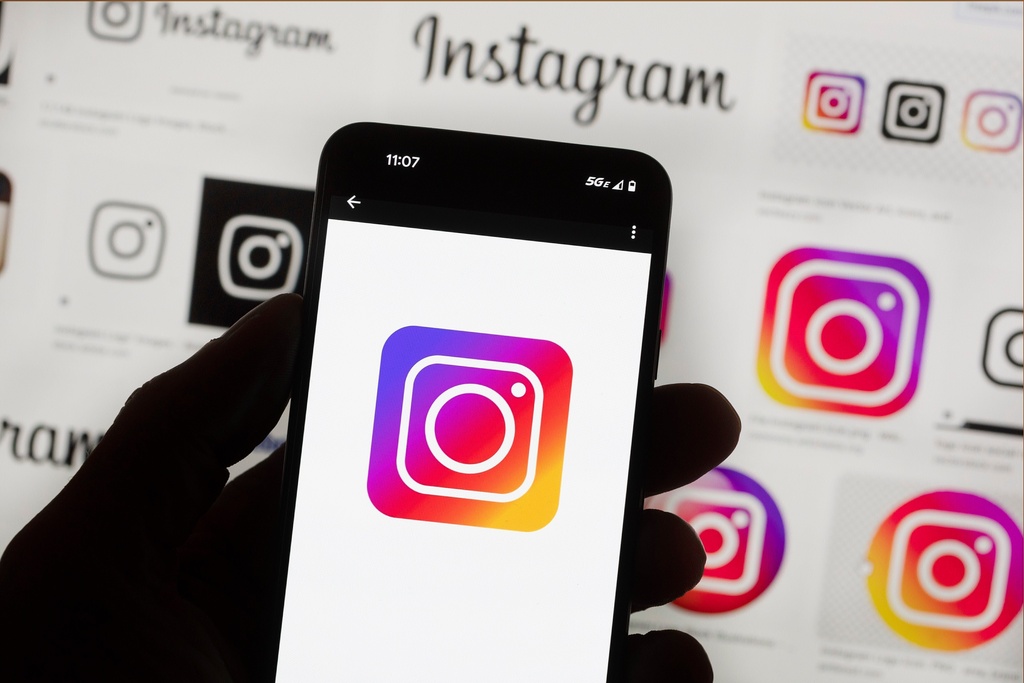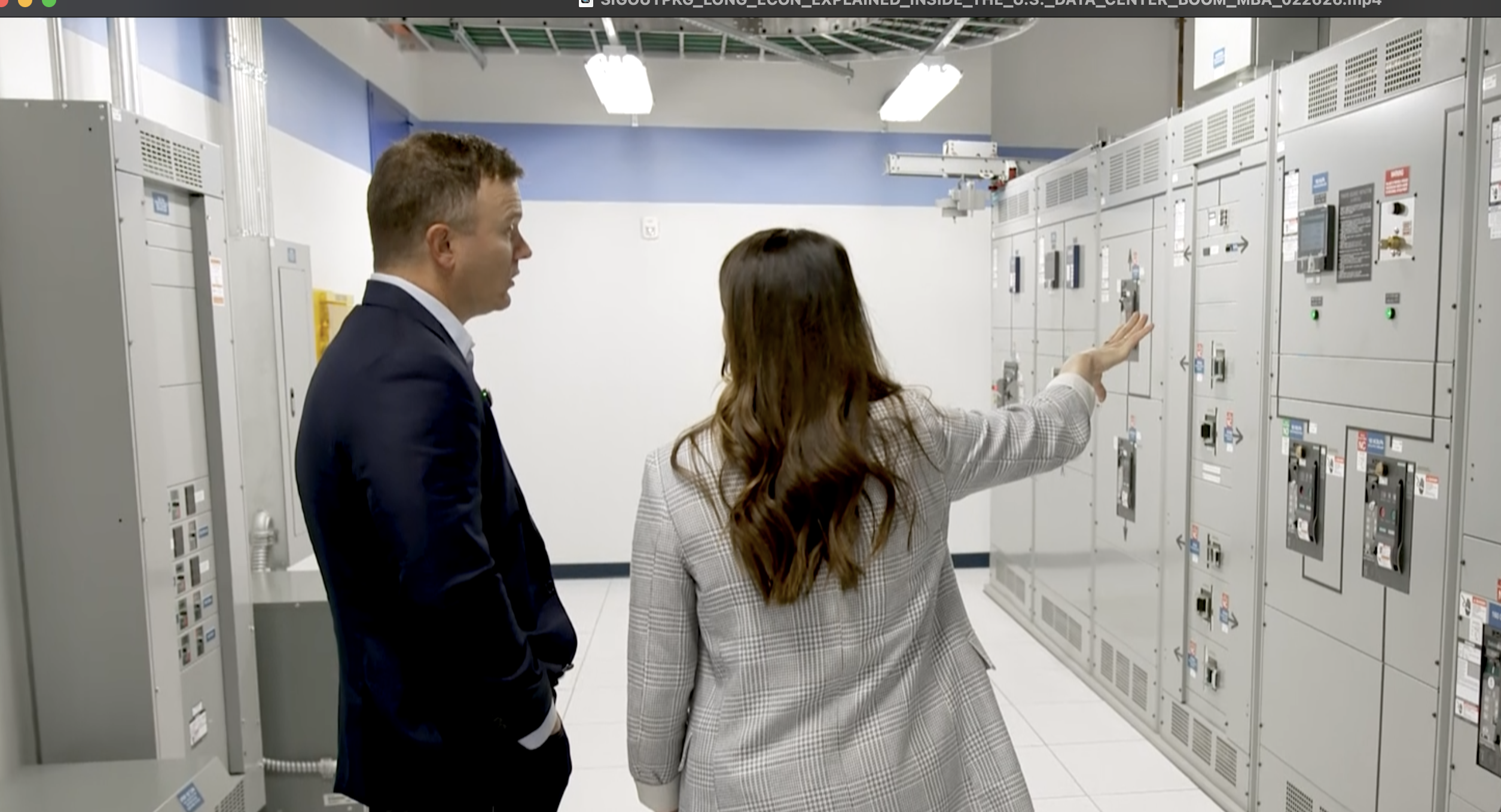A key subsidy that helps low-income households access broadband internet is set to expire later this year, threatening President Joe Biden's plans to provide internet access for every American.
The Affordable Connectivity Program has used $14.2 billion to pay some of the costs for qualifying low-income and tribal households to connect to high-speed internet.
Households at or below 200% of the federal poverty level can receive $30 a month to offset connection costs, while households on tribal land can receive up to $75 per month.
By some analyses, the program also makes it more likely that providers will commit to the costs of expanding their infrastructure into underserved areas.
But the program is funded by Congress, and if it is not extended past its current April 2024 deadline, it will run out of money.
The Federal Communications Commission says it will stop accepting new enrollments on Feb. 8. After the April deadline, households that are currently enrolled will stop receiving subsidies.

California bill would ban 'addictive' social media content for kids
A default daily time limit and restrictions on what hours the apps could send notifications to minors would also be mandated by the landmark bill.
In his broadband push, President Biden has drawn parallels to the New Deal-era program that electrified much of the country.
"Our goal is to connect everyone in America to affordable, reliable high-speed internet by the year 2030, everyone in America, just like Franklin Roosevelt did a generation ago with electricity," he said at a recent campaign stop in North Carolina.
"High-speed internet isn’t a luxury anymore. It’s an absolute necessity," he said. "The investment in high-speed internet means something else as well: good-paying jobs."
A bipartisan group of Congressional lawmakers in January introduced legislation for a $7 billion funding extension for the program. The bill has not proceeded further.










